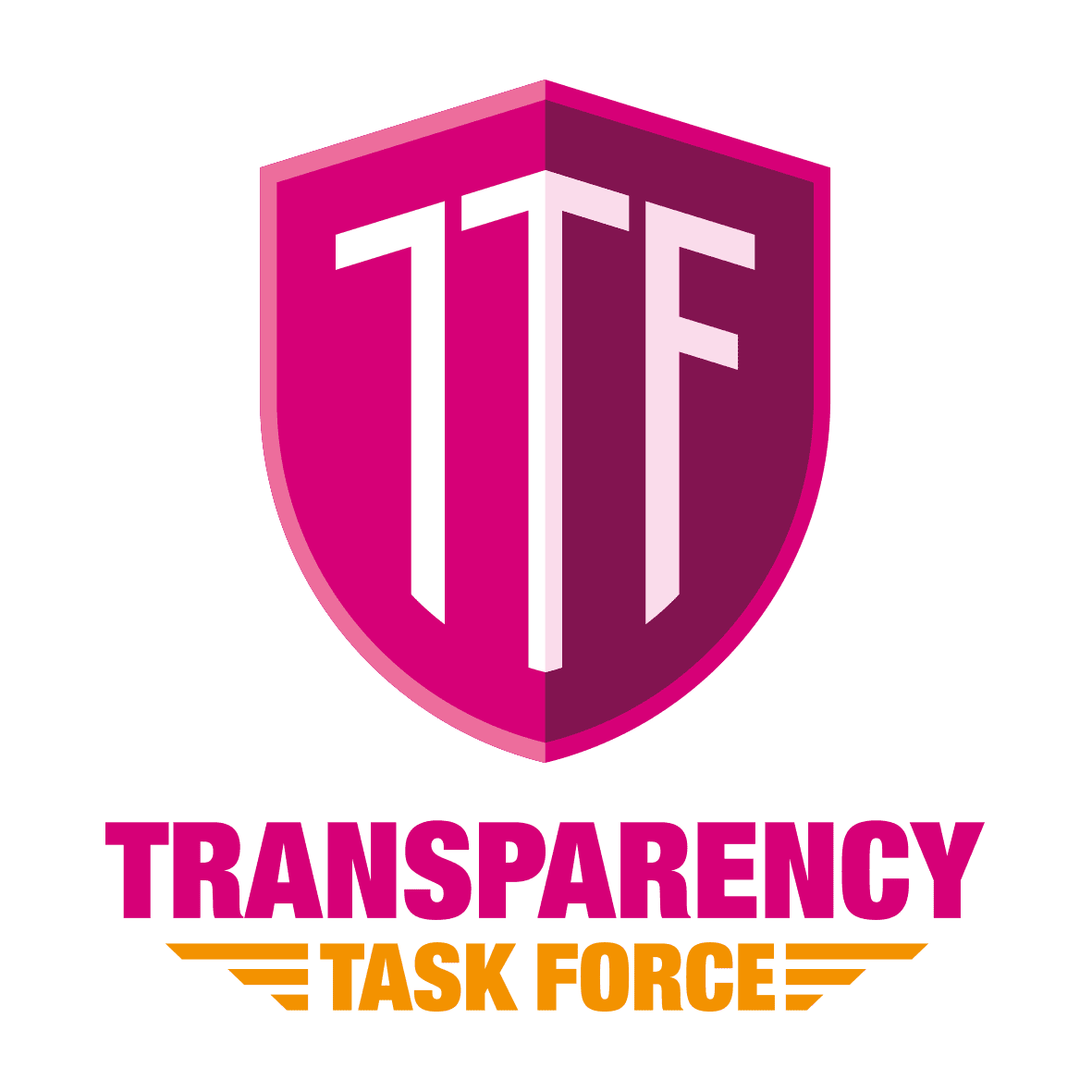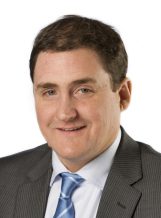How can we accelerate the rebuilding of trustworthiness and confidence in financial services?
Melbourne - 17/10/2019 9:00 am
Places are limited; to secure yours:
Click on the button below to secure your place and note that there are 3 ticket options: Standard, Discounted and Complimentary.
We are a not-for-profit and we desperately need funds to cover our costs and keep our many finance reform initiatives alive – we’re just about surviving.
You can pay through PayPal or invoice.
Many thanks to :

Here’s the programme, so far*
- 09:00- Registration, refreshments and networking
- 09:30 – Welcome to the symposium by Ben Walsh, CEO, Australia, Mercer
- 09:35 – Presentation by Andy Agathangelou, Founder, Transparency Task Force
- 10:40 – Presentation by – David Knox, Senior Partner, Melbourne
- 11:00 – Refreshments and further networking
- 11:30 – Presentation by – Dr Nicholas Morris, Adjunct Professor, Latrobe Law School; & Sue Jaffer, Senior Researcher, Latrobe Law School
- 11:50 – Presentation by Liza McDonald, Head of Responsible Investment, First State Super
- 12:10 – Presentation by Denis Kilroy, Managing Director, KBA Consultancy
- 12:30 – Presentation by Paul Resnik, Convenor of the Financial Stability Forum & Executive Director, PlanPlus Global
- 12:50 – Presentation of the Transparency Trophy; a special trophy is awarded to a champion of transparency and finance reform at each of our symposia around the world
- 13:00 – Lunch and further networking
- 14:00 – Presentation by Gordon Noble, Associate, The Blended Capital Group; former Founder, the Responsible Investment Initiative; former Director of Government Relations, the Association of Superannuation Funds of Australia
- 14:20 – Presentation by Sally Loane, Chief Executive Officer, The Financial Services Council
- 14:40 – The Power Panel, where selected participants will have the opportunity to share their thoughts on our primary question: “How can we accelerate the rebuilding of trust and confidence in financial services?”
- Our Power Panellists are:
- Panellist to be added
- Panellist to be added
- Panellist to be added
- Panellist to be added
- Our Power Panellists are:
- 15:10 – The Open Debate; where all attendees, panellists and speakers will have the opportunity to freely discuss the key issues raised through the course of the symposium.
- We will be considering question such as:
- Which individuals and organisations govern the way the financial system works?
- What should we have learned from the past? …and have those lessons actually been learned?
- What more could the government and the financial regulators be doing to create a financial services market that the public can have trust and confidence in?
- Which non-government and non-regulatory organisations have the potential to play a part in driving the change that we want to see?
- 15:25 – Andy Agathangelou, Founder of the Transparency Task Force to cover off key conclusions and suggested next steps
- 15:30 – Refreshments and further networking
- 16:00 – Final close
- *The programme will continuously evolve so is subject to change
What can you expect at the symposium?
You can expect to be amongst progressively-minded and collaboratively-minded people who are keen to understand how they can get involved with a truly pioneering project that is dedicated to reforming the financial services industry.
We are working together to help rebuild trust and confidence in financial services and to help consumers get a better deal.
You will learn all about the project – how it started; what has happened so far; what is going to be happening in due course and so on.
In particular, you will be able to learn about and feed into the creation of a “Framework for Finance Reform.” At the heart of the “Framework for Finance Reform” are “The 12 Finance Development Goals.”
The 12 Finance Development Goals are a similar concept to the United Nations’ Sustainable Development Goals but instead of dealing with issues such as hunger, climate change, access to clean water and gender equality; they deal with well-known financial services problem areas such as conflicts of interest, the “profits before principles” mindset, the need for better governance and the desperate need for greater transparency.
The development of the Finance Development Goals (FDGs) is bringing together a very wide cross-section of stakeholders, right around the world, including politicians, policymakers, financial regulators, financial trade bodies and professional associations; plus many commercial organisations, leading academics and think tanks etc.
You will learn how the project is gaining traction amongst a wide cross-section of stakeholders including policymakers, politicians, regulators, professional associations, trade bodies, academics, thought leaders, commercial organisations; plus investment, insurance, banking and pension professionals, and so on.
There will be presentations from individuals with interesting insights and experiences to share; plus a panel session.
There will be ample scope for discussion and debate so that all attendees will be able to share their views and ideas.
You can expect the meeting to function as a highly interactive and highly engaging workshop, where everybody gets the opportunity to participate as much as they would like to.
We know that using that approach we will be able to harness the camaraderie, collegiality and willingness to collaborate that the project is already cultivating, right around the world.
Bios of key participants provided thus far*
Andy Agathangelou FRSA, Founder, Transparency Task Force
Andy will be Chairing the Symposium. His overall objective is to galvanise support for the idea that greater transparency in financial services can drive positive, transformational change for the benefit of all.
Andy formed the Transparency Task Force following a meeting he led at Senate House, University of London on 6th May 2015. The meeting was the about the trust deficit that is impacting financial services and how harnessing the transformational power of transparency can drive the change that is needed.
That meeting set off a chain of events that led directly to the creation of the collaborative, campaigning community that is the Transparency Task Force.
Our activity is is built on the idea that ‘Sunlight is the Best Disinfectant’ and our guiding “North Star” question is “what is best for the consumer?”
The mission of the Transparency Task Force is
“To help protect consumers’ financial interests by reforming the financial services industry around the world, through harnessing the transformational power of transprency”
We have many Special Interest Groups made up of subject-matter experts working collaboratively:
https://transparencytaskforce.org/teams-of-volunteers/
We are building a global network of Ambassadors:
We are working hard to rebuild trust and confidence in financial services through creating a Framework for Finance Reform built on the Finance Development Goals:
https://transparencytaskforce.org/rebuilding-trust-confidence-in-financial-services/
We have a highly credible Advisory Board:
https://transparencytaskforce.org/about-1/advisory-board/
Andy is also:
Chair, the Interoperability Steering Group
Governor, Pensions Policy Institute
Fellow, the RSA
Former Chair, Pensions BIB
Former Founding Chair, Friends of Auto Enrolment
Former Founding Chair, Friends of the Association of Member Nominated Trustees
Gordon Noble, Head of Policy and Advocacy, Australian Sustainable Finance Initiative
Gordon Noble is Head of Policy and Advocacy at the Australian Sustainable Finance Initiative and an Associate at The Blended Capital Group.
Gordon was one of the first employees of the United Nations backed Principles for Responsible Investment. Collaborating with a group of responsible investors Gordon was responsible for founding the Responsible Investment Academy, a global online training platform that educates investors on incorporating environmental, social and governance issues into investment processes which is now the PRI Academy.
He represented the superannuation industry on the ASX Corporate Governance Council and worked with the Australian Council of Superannuation Investors to develop a framework to benchmark the sustainability reporting of Australian listed companies. As director of government relations and strategy with the Association of Superannuation Funds of Australia he worked on a broad range of superannuation policy issues.
Over a 25 year career Gordon has worked in investment management, banking, industrial relations, and as a political adviser and trade union official.
Further information about the TTF
You can click on the button below to read about the 130+ Transparency Task Force Ambassadors. The list includes world class academics and highly respected thought leaders from right around the world.
Transparency Task Force Advisory Board
You can click on the button below to read about the Transparency Task Force Advisory Board, which is Chaired by the former Chair of the Financial Conduct Authority’s Financial Services Consumer Panel.
If you want to read testimonials…
If you haven’t been to one of our events before you can use the link below to read some testimonials:


